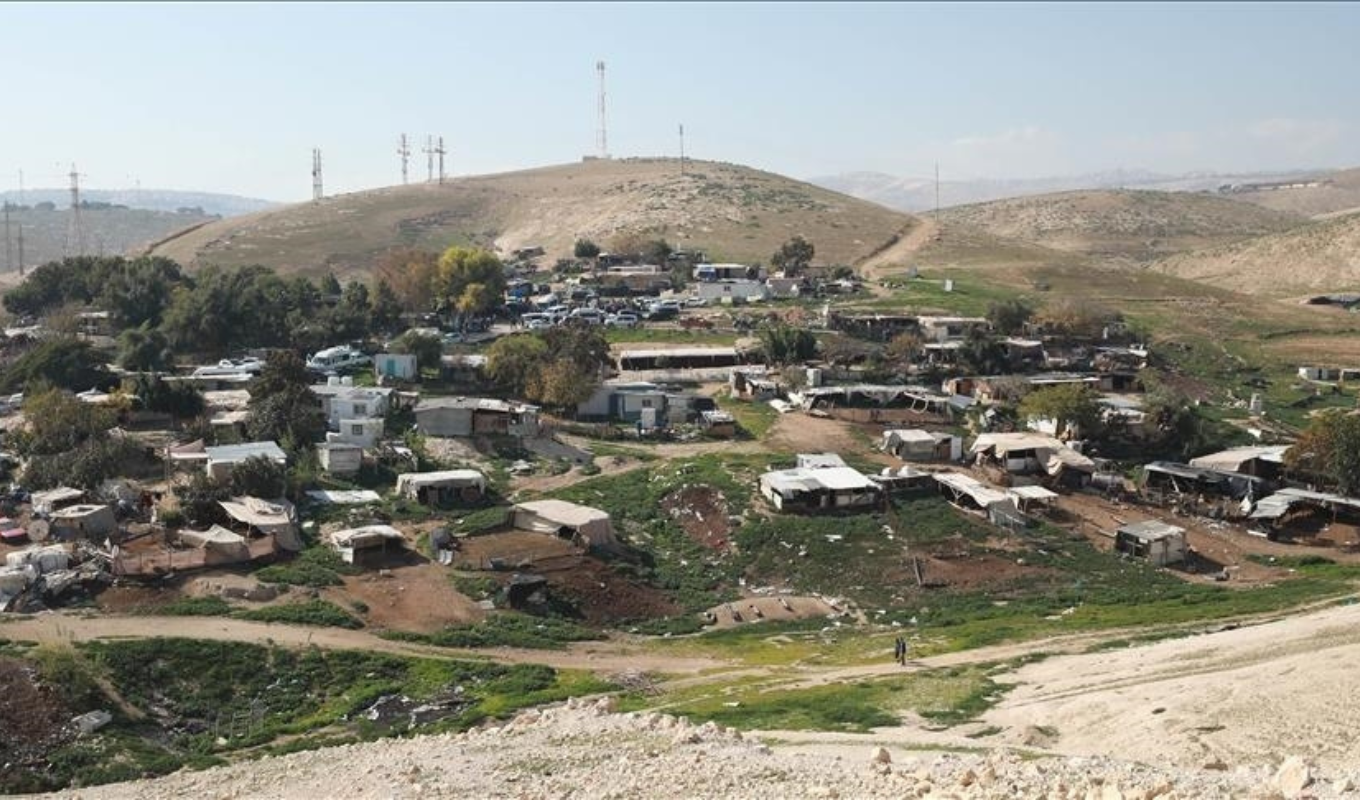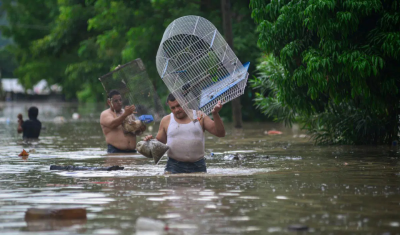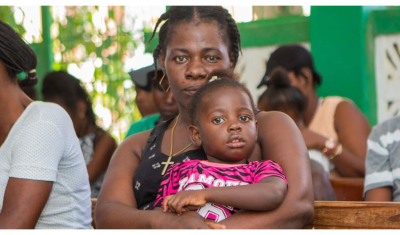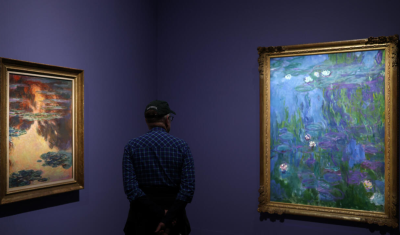Khaborwala Online Desk
Published: 11 Oct 2025, 01:19 pm

In the Jordan Valley of the occupied West Bank, life is growing increasingly precarious for Naef Jahaleen and his fellow Bedouin herders. Their village, Ras Ein Al-Auja, is one of the last remaining communities in the area maintaining a traditional pastoral lifestyle.
Jahaleen recalls a time when life was stable, but over the past two years, Israeli settlement outposts have steadily advanced, with temporary trailers replaced by permanent houses sometimes just 100 metres from Bedouin homes.
“The settlers provoke people at night, walking around the houses, disturbing the residents, making people anxious, scaring the children and the elderly,”
— Naef Jahaleen, 49
In May, settlers diverted the village’s spring, the namesake and lifeline of Ras Ein Al-Auja. For a community of 130 families, the constant need to guard against settlers has become a daily reality.
| Threats Faced by Ras Ein Al-Auja Residents | Description |
| Power and Irrigation Sabotage | Settlers cutting electricity and irrigation pipes |
| Encroachment by Livestock | Settlers’ herds grazing near homes, threatening Palestinian livestock |
| Night-time Intimidation | Settlers walking around homes, disturbing sleep, frightening children and the elderly |
| Limited Law Enforcement Response | Calls to Israeli police rarely result in protection; army intervention is minimal |
“A settler could come to your house — you call the police, and they don’t come. The army doesn’t come. No one helps,”
— Jahaleen told AFP
Most Palestinian Bedouins rely on herding, making them vulnerable when settlers introduce livestock to compete for grazing lands — a tactic referred to as “pastoral colonialism” by watchdog organisations.
“They bring in Jewish colonisers, give them a small herd or a few sheep or cows, and take over a specific area. From there, this armed coloniser starts to herd,”
— Younes Ara, Palestinian Authority’s Colonization and Wall Resistance Commission
Since Israel occupied the West Bank in 1967, settlements have expanded significantly. There are now more than 500,000 Israeli settlers in the Palestinian territories, excluding East Jerusalem, home to some three million Palestinians.
Jahaleen says the goal of settlers’ harassment is to force Palestinians to leave:
“You never know when or how they’ll harass you. The goal is to make you leave.”
Jahaleen is occasionally joined by volunteers, including Doron Meinrath, a former Israeli army officer, who helps monitor the area for illegal settler activity through the organisation Looking the Occupation in the Eye.
Foreign and Israeli activists rotate eight-hour watch shifts, documenting settler movements, alerting authorities, and attempting to deter violence through their presence.
“Let’s go after them,” Meinrath said as he pursued a car on an illegal road connecting a new outpost to a formal settlement. He recorded the vehicle’s number plate and reported it as unsafe, hoping to slow further encroachment.
All Israeli settlements in the West Bank are considered illegal under international law by the United Nations.
Despite the growth of settlements, activists like Meinrath believe they pose a problem for the settler movement, although he notes that political support for settlements in Israel has strengthened.
Cabinet members including Finance Minister Bezalel Smotrich openly advocate for annexation of the West Bank, particularly the Jordan Valley.
For Abu Taleb, a 75-year-old herder from Ras Ein Al-Auja, the changes have been deeply personal. Once self-sufficient, his community now faces daily disruptions:
“My life as a child was good. But now, their lives are not good,”
— Abu Taleb, gesturing to three grandchildren under the shade of an acacia tree
“They grew up in a bad life. These kids are afraid of the settlers everywhere.”
For the Bedouin families of Ras Ein Al-Auja, the encroachment of Israeli settlers represents more than just land loss — it is a daily challenge to their safety, livelihood, and culture. The combination of harassment, limited protection, and encroaching settlements underscores the ongoing struggle of Palestinian communities in the West Bank’s Jordan Valley.
The situation paints a stark picture of the human cost of settlement expansion: not only threatening land and resources, but the very fabric of a centuries-old herding community.

Fans of the popular ‘Baahubali’ franchise have reason to rejoice as the blockbuster prepares to retu...

During the celebration of his silver jubilee in Kolkata, India’s popular singer Shaan enthralled the...

Mexico is grappling with severe flooding and landslides after intense rainfall swept across most of...

A UN-backed food security report released on Friday warns that nearly 5.7 million people in Haiti ar...

In a dramatic turn of events, Peru has impeached President Dina Boluarte, one of the world’s most un...

Donald Trump, aged 79 and the oldest individual ever elected President of the United States, has bee...

In 1908, Claude Monet — then aged 68 and deeply immersed in his celebrated Water Lilies series — was...

In a significant escalation of tensions over international climate policy, the United States has iss...

French President Emmanuel Macron has reinstated his outgoing prime minister, Sébastien Lecornu, to t...

Egypt secured a place at the 2026 FIFA World Cup after a convincing victory over Djibouti in the Afr...

Brazilian defender Éder Militão revealed that he contemplated quitting football last year after a pr...

Two prominent Australian cricketers, Pat Cummins and Travis Head, who play for Sunrisers Hyderabad i...